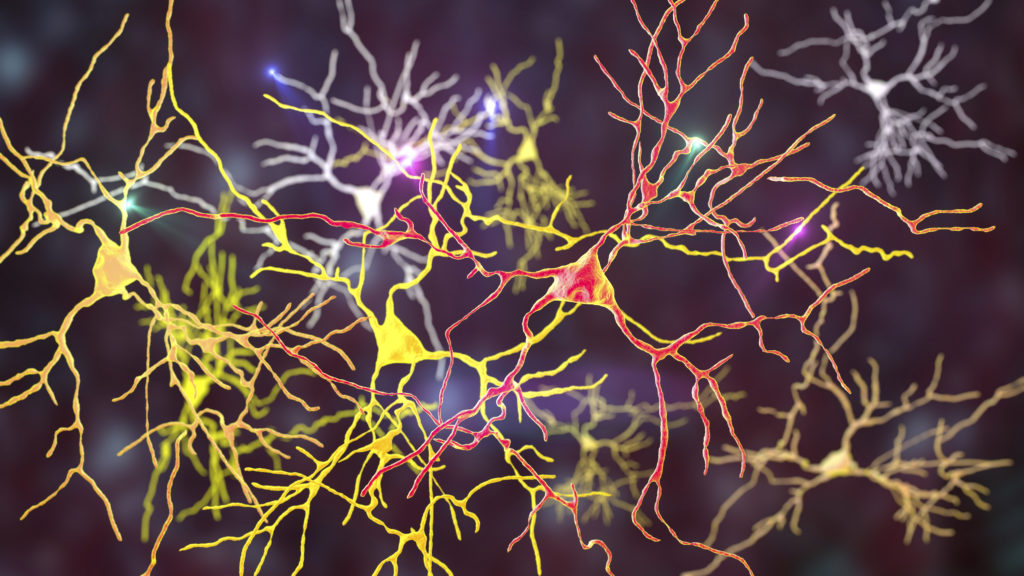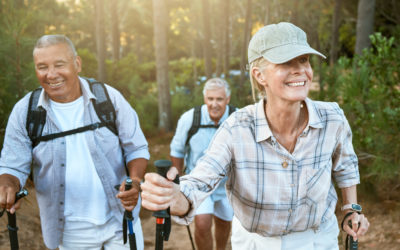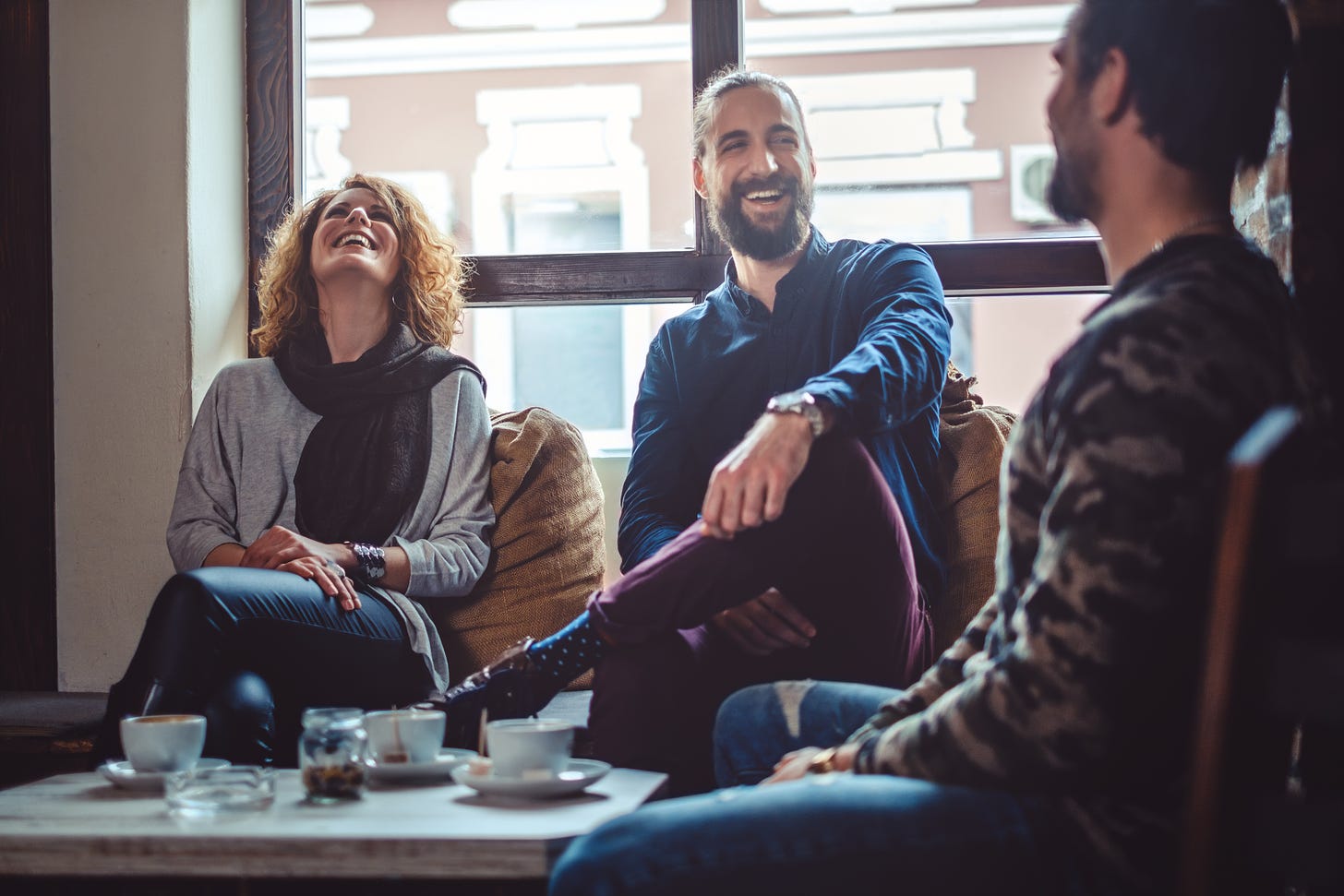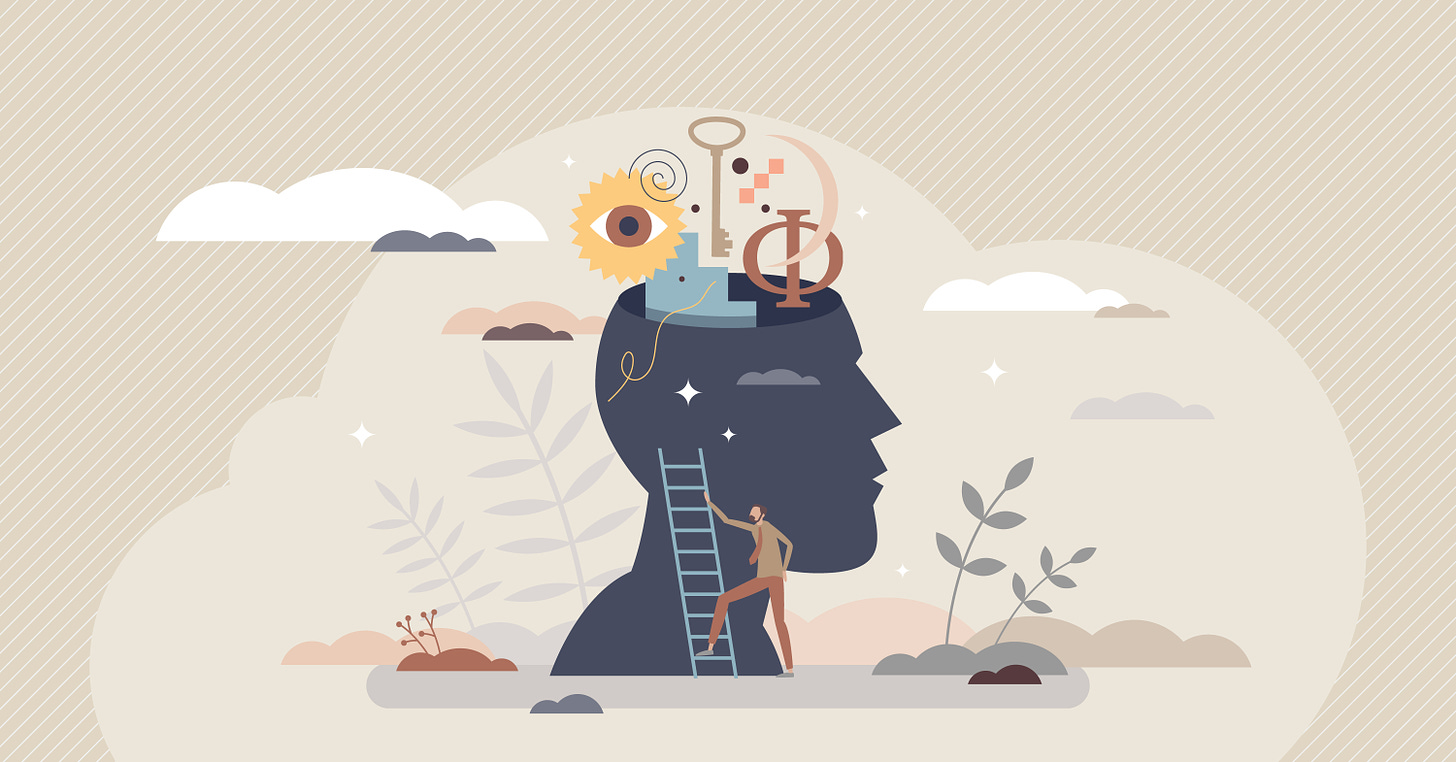Different areas of the brain are associated with empathy – this new research shows how brain regions synchronise to induce empathic responses.

Brain Cells of Males and Females Respond Differently to Stress
Quick Hits
Daily brief research updates from the cognitive sciences

Andy Habermacher
Andy is author of leading brains Review, Neuroleadership, and multiple other books. He has been intensively involved in writing and research into neuroleadership and is considered one of Europe’s leading experts. He is also a well-known public speaker, speaking on the brain and human behaviour.
Andy is also a masters athlete (middle distance running) and competes regularly at international competitions (and holds a few national records in his age category).
Reference
Elena Brivio, Aron Kos, Alessandro Francesco Ulivi, Stoyo Karamihalev, Andrea Ressle, Rainer Stoffel, Dana Hirsch, Gil Stelzer, Mathias V. Schmidt, Juan Pablo Lopez, Alon Chen.
Sex shapes cell-type-specific transcriptional signatures of stress exposure in the mouse hypothalamus.
Cell Reports, 2023; 42 (8): 112874
DOI: 10.1016/j.celrep.2023.112874
More Quick Hits
How Seven Habits Boost Brain Function and Lower Depression Risk
Diversity in Startup Teams Increases Survival In Changing Environments
Different areas of the brain are associated with empathy – this new research shows how brain regions synchronise to induce empathic responses.
All Work And No Play, Really Does Make Jack A Dull (and Ineffective) Boy
Different areas of the brain are associated with empathy – this new research shows how brain regions synchronise to induce empathic responses.
Do Conservatives and Liberals Have Moral Brains?
Different areas of the brain are associated with empathy – this new research shows how brain regions synchronise to induce empathic responses.
New Discovery: Swirling Spirals Move Across Your Brain
Different areas of the brain are associated with empathy – this new research shows how brain regions synchronise to induce empathic responses.
Zapping the Brain Improves Maths Ability
Different areas of the brain are associated with empathy – this new research shows how brain regions synchronise to induce empathic responses.












